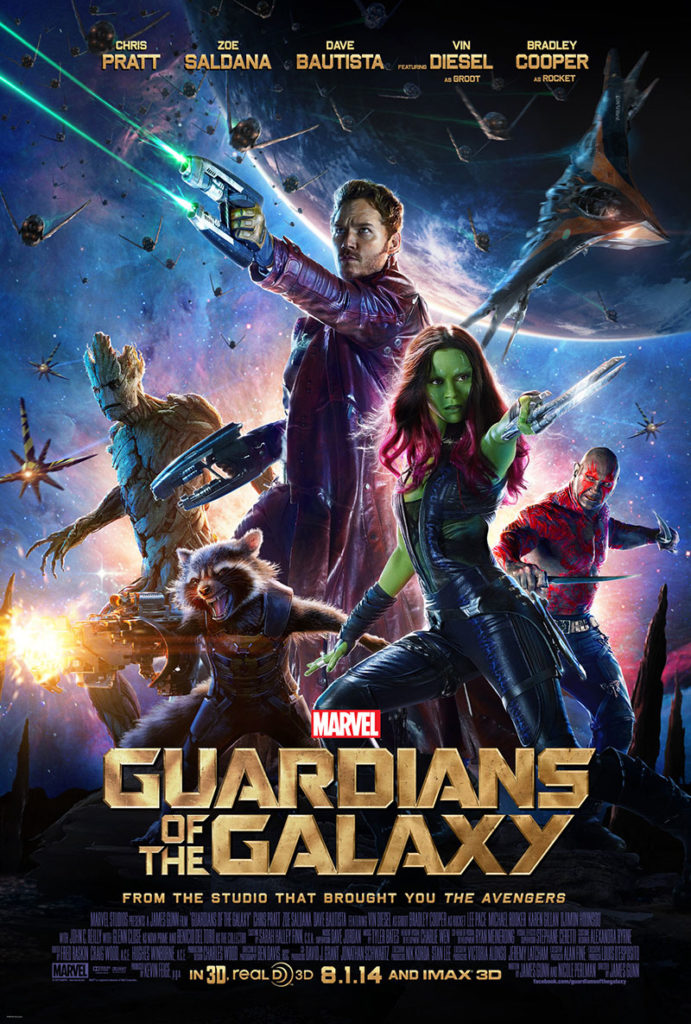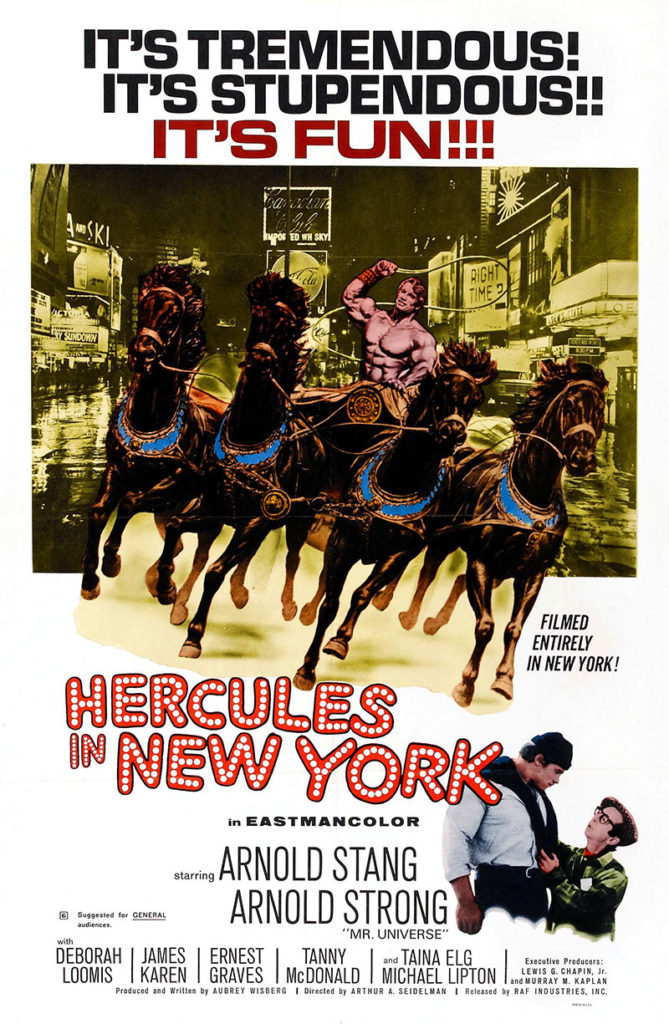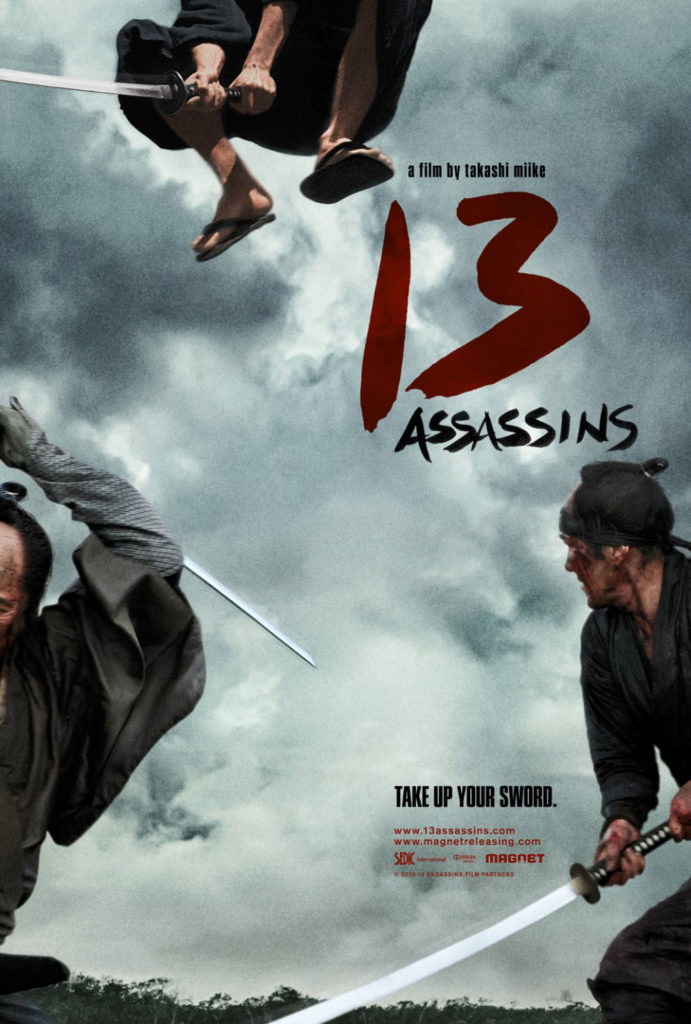 I think I may have seen too many movies. That’s the only reason I can think of to explain why I did not like Guardians of the Galaxy, Marvel Studios’ 2014 money machine. It hit all the right notes when it comes to action, pacing, and story. It kept things simple, avoiding all pretension, and at no point did it strive to be something greater than it was. But...
I think I may have seen too many movies. That’s the only reason I can think of to explain why I did not like Guardians of the Galaxy, Marvel Studios’ 2014 money machine. It hit all the right notes when it comes to action, pacing, and story. It kept things simple, avoiding all pretension, and at no point did it strive to be something greater than it was. But...
I think the movie showed a profound disrespect for its audience. Big action movies aren’t just simple anymore. Rather, they have been simplified, stripped of any sort of nuance or individuality in the pursuit of massive box office receipts. There is nothing inherently wrong in trying to maximize profit. But what it does mean is that, in seeing a movie like this, no viewer can expect anything beyond superficial uniqueness. There are new stories out there. But new stories require an entrepreneurial spirit that Hollywood is currently anathema to. It’s hard to explain how much the studio system has changed in a generation, so I’ll just give this example: Taxi Driver was a Hollywood studio film. That’s right. Taxi Driver. A film featuring a violent psychopath, who develops a crush on an underage hooker, as a protagonist. These days, the talents of that film’s young director, Martin Scorcese, would be steered into projects that are designed from the very beginning to be sanitized versions of past successes. Continue reading “Guardians of the Galaxy”

 For no reason other than that I feel like it, I hereby declare this to be Arnold Schwarzenegger month at Missile Test. His Arnoldness has 54 acting credits to his name on IMDb. I’m going to watch a whole boatload of them and write some reviews. I’m looking forward to hours upon hours of explosions, gunfights, and rough accents. The first flick has only one of those, but it depends on which print a viewer manages to see.
For no reason other than that I feel like it, I hereby declare this to be Arnold Schwarzenegger month at Missile Test. His Arnoldness has 54 acting credits to his name on IMDb. I’m going to watch a whole boatload of them and write some reviews. I’m looking forward to hours upon hours of explosions, gunfights, and rough accents. The first flick has only one of those, but it depends on which print a viewer manages to see. Three historical periods in Japan are among the most interesting and compelling in the annals of human civilization. The Sengoku period, also known as the Warring States period, comprised the height of feudal conflict from the 15th century to the early 17th century, culminating in the unification of Japan under the Tokugawa Shogunate in 1603. The new era of peace which followed, the Edo period, lasted until the Shogunate collapsed in the wake of internal and external pressures for Japan to end its forced isolation and open its shores to the modern world in the 1860s. What followed was the Meiji period, when the emperor was restored to power, and Japan, through numerous fits and starts, became the empire that was finally defeated by the Allies in World War II.
Three historical periods in Japan are among the most interesting and compelling in the annals of human civilization. The Sengoku period, also known as the Warring States period, comprised the height of feudal conflict from the 15th century to the early 17th century, culminating in the unification of Japan under the Tokugawa Shogunate in 1603. The new era of peace which followed, the Edo period, lasted until the Shogunate collapsed in the wake of internal and external pressures for Japan to end its forced isolation and open its shores to the modern world in the 1860s. What followed was the Meiji period, when the emperor was restored to power, and Japan, through numerous fits and starts, became the empire that was finally defeated by the Allies in World War II.